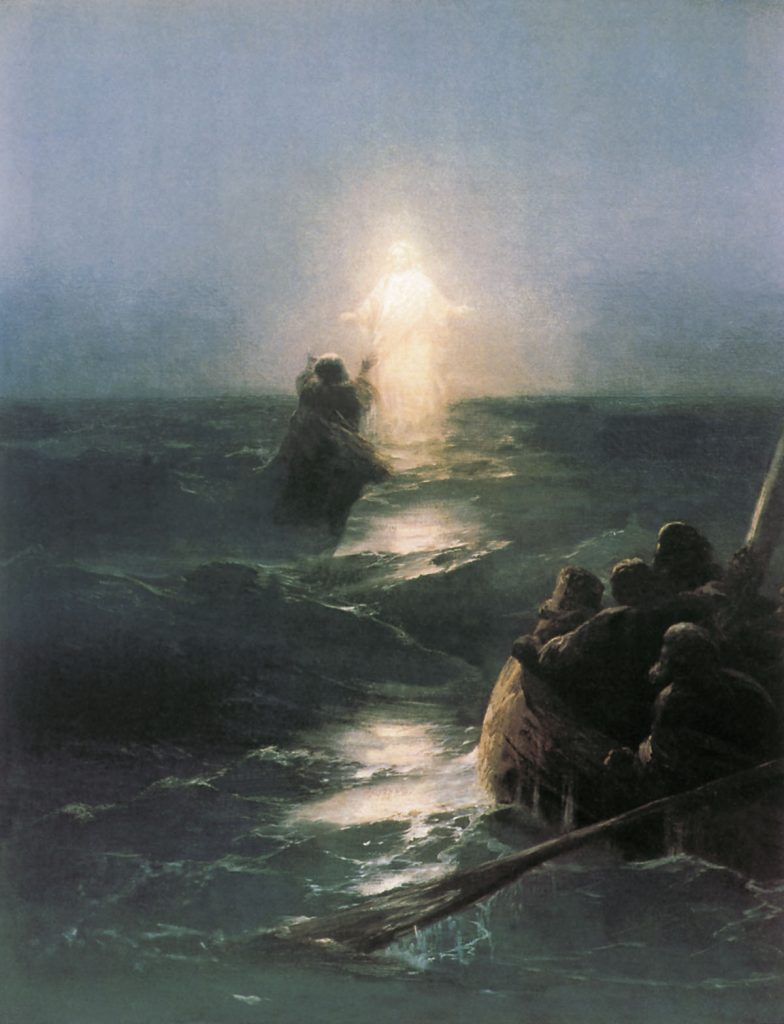
This post is part of the General Conference Odyssey.
I stopped reading the conference talks of the Saturday afternoon session when I got to Elder Maxwell’s talk, because I’ve learned that Maxwell talks are meant to be savored. His testimonies of Christ are always sincere, and are often frequently provocative in the best sense of the word. If you’re a Mormon adult, you’ve heard a lot of talks about Jesus. Like, a lot. So finding something new to say—without being trivial or silly—is hard. And also refreshing, when you find someone who can do it.
Of all the lines I highlighted from the talk—and there are a lot of them—here is the passage that meant the most to me:
I thank him now for the tender times, the jarring times, the perplexing times, and even for the times when my learning is so painfully public—lest in such moments to come I am too taxed to testify or too anguished to appreciate. [emphasis added]
I can’t fully explain why this passage means so much to me. I hope one day I can. For now, the best I can do is say that I love something about the idea that we recognize when our ideals outstrip our capacity, and we choose to fail forwards anyway. That is, I think, the quality I aspire to more than any other in life, and the one that affects me most deeply. It’s why I love the song, “Come, Thou Fount of Every Blessing,” with that line, “Bind my wandering heart to thee.” It’s why I love Peter jumping overboard to walk on water, and then nearly drown. It’s even why I love this seemingly incongruous quote from Kurt Vonnegut, the most meaningful literary quote of my life so far:
I am honorary president of the American Humanist Association, having succeeded the late, great, spectacularly prolific writer and scientist, Dr. Isaac Asimov in that essentially functionless capacity. At an A.H.A. memorial service for my predecessor I said, “Isaac is up in Heaven now.” That was the funniest thing I could have said to an audience of humanists. It rolled them in the aisles. Mirth! Several minutes had to pass before something resembling solemnity could be restored.
I made that joke, of course, before my first near-death experience — the accidental one.
So when my own time comes to join the choir invisible or whatever, God forbid, I hope someone will say, “He’s up in Heaven now.” Who really knows? I could have dreamed all this.
My epitaph in any case? “Everything was beautiful. Nothing hurt.” I will have gotten off so light, whatever the heck it is that was going on
Let me give you just a little context for this Vonnegut quote. Vonnegut, as anyone who has read his books will know, was not a happy man. He was, in many ways, obsessed with the incomprehensible pain of life. That comes through in the quote a little bit, but maybe not enough if you’re not already familiar with Vonnegut. He is, after all, talking about laughing hysterically at a memorial service for a dead friend. He also mentions a near-death experience that was “the accidental one,” implying non-accidental near-death experiences. And there was one, he tried to kill himself in 1984. Other tragic experiences in his life include his World War II combat experience (his unit was overrun in the Battle of the Bulge with 500 KIA and 6,000 captured, on his to a prison camp his train was attacked by British planes killing 150 prisoners, and as a prisoner he was a witness to the aftermath of the firebombing of Dresden) and his mother committing suicide on Mother’s Day weekend when he was visiting on leave. Vonnegut was not a happy man, and yet his epitaph? “Everything was beautiful. Nothing hurt.”
This is failing forward. It is aspiration beyond capacity, and knowingly so. It is the same kind of devotion that Elder Maxwell is talking, the same commitment to an idealism we know we cannot accomplish. The only real difference is that in Vonnegut’s case the aspiration is somewhat abstract while in Maxwell’s case it is reified in the person of Jesus Christ. But the underlying motivation—the willingness to fail forward, to shoot for the moon even though you know you’ll go down in flames, to eek every ounce of idealism out of our exhausted and overwhelmed selves—is the same.
I don’t know if I’ll ever accomplish anything genuinely good or useful in my entire life, but I hope I can do that. I hope I can say—along with Vonnegut—that everything was beautiful. That nothing hurt. That I got off light.[ref]That part is true.[/ref] And I will strive to pray—along with Maxwell—in gratitude for even the experiences that hurt while I’m capable of doing so, knowing that because of my own weakness I might not always be able to form the words.
—
Check out the other posts from the General Conference Odyssey this week and join our Facebook group to follow along!
- The Savior of those who Straggle by Daniel Ortner
- An “Anthem of Appreciation” by Walker Wright
- We Can Be Completely Healed From Spiritual Crocodiles by Jan Tolman
- Little universes in the Savior’s care by Marilyn Nielson